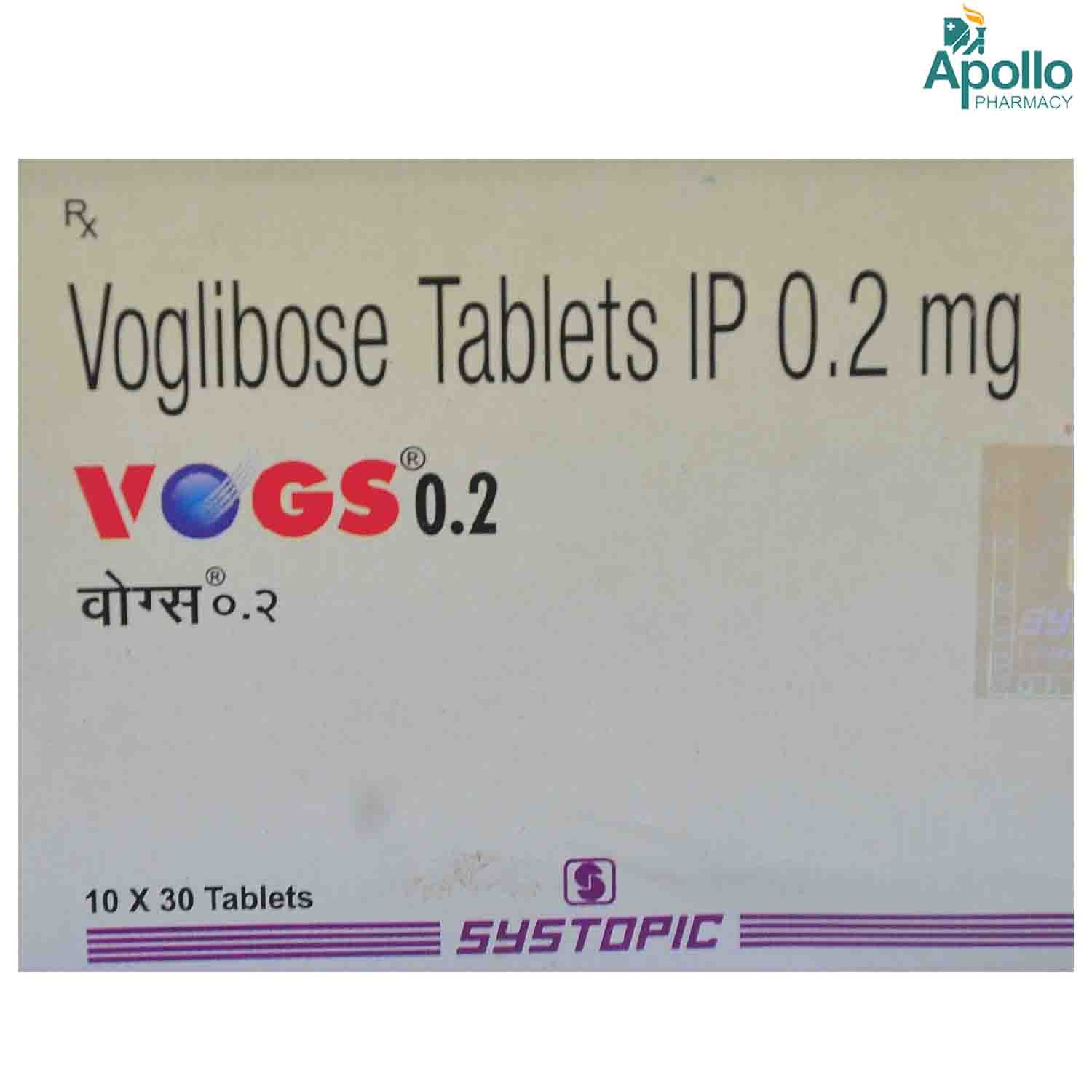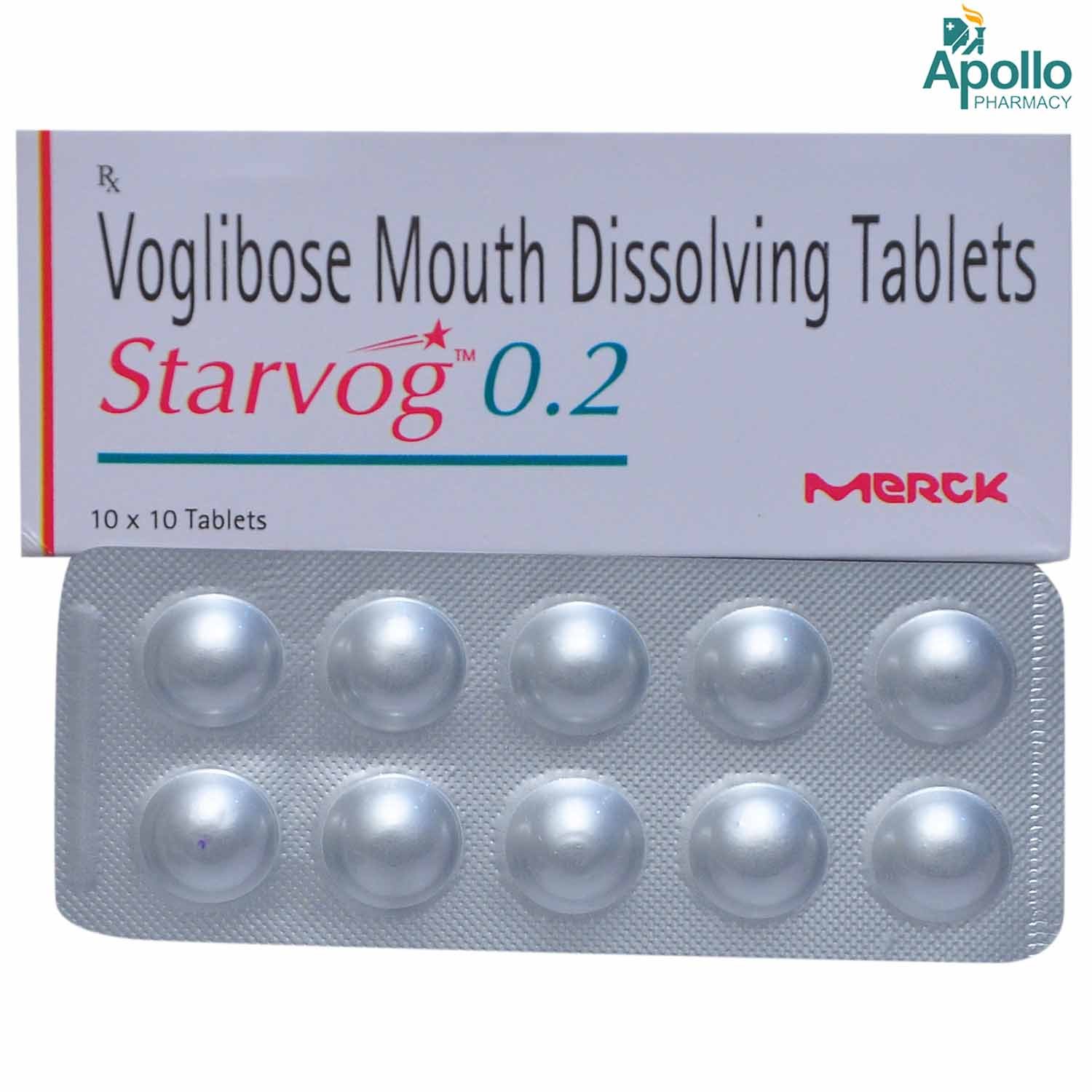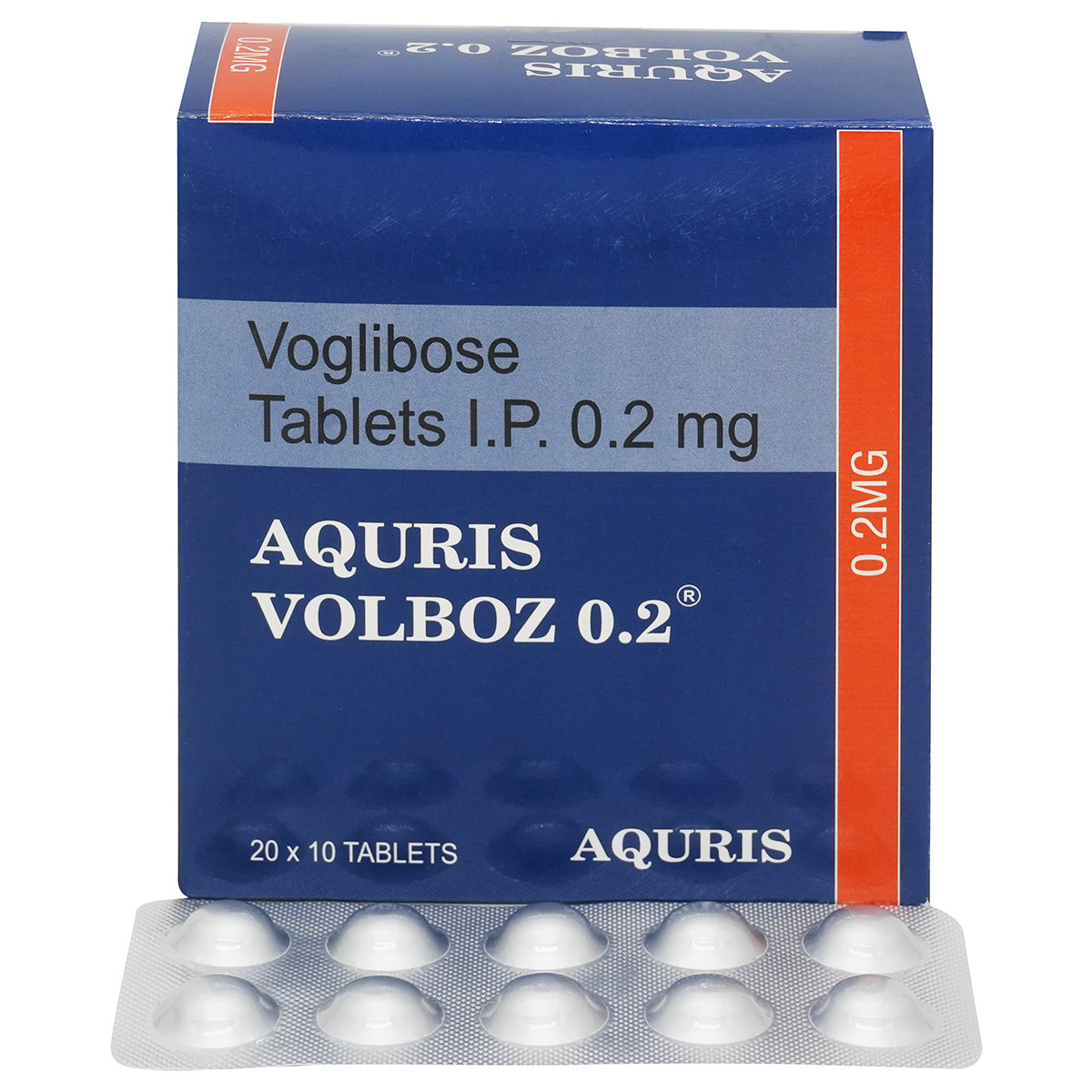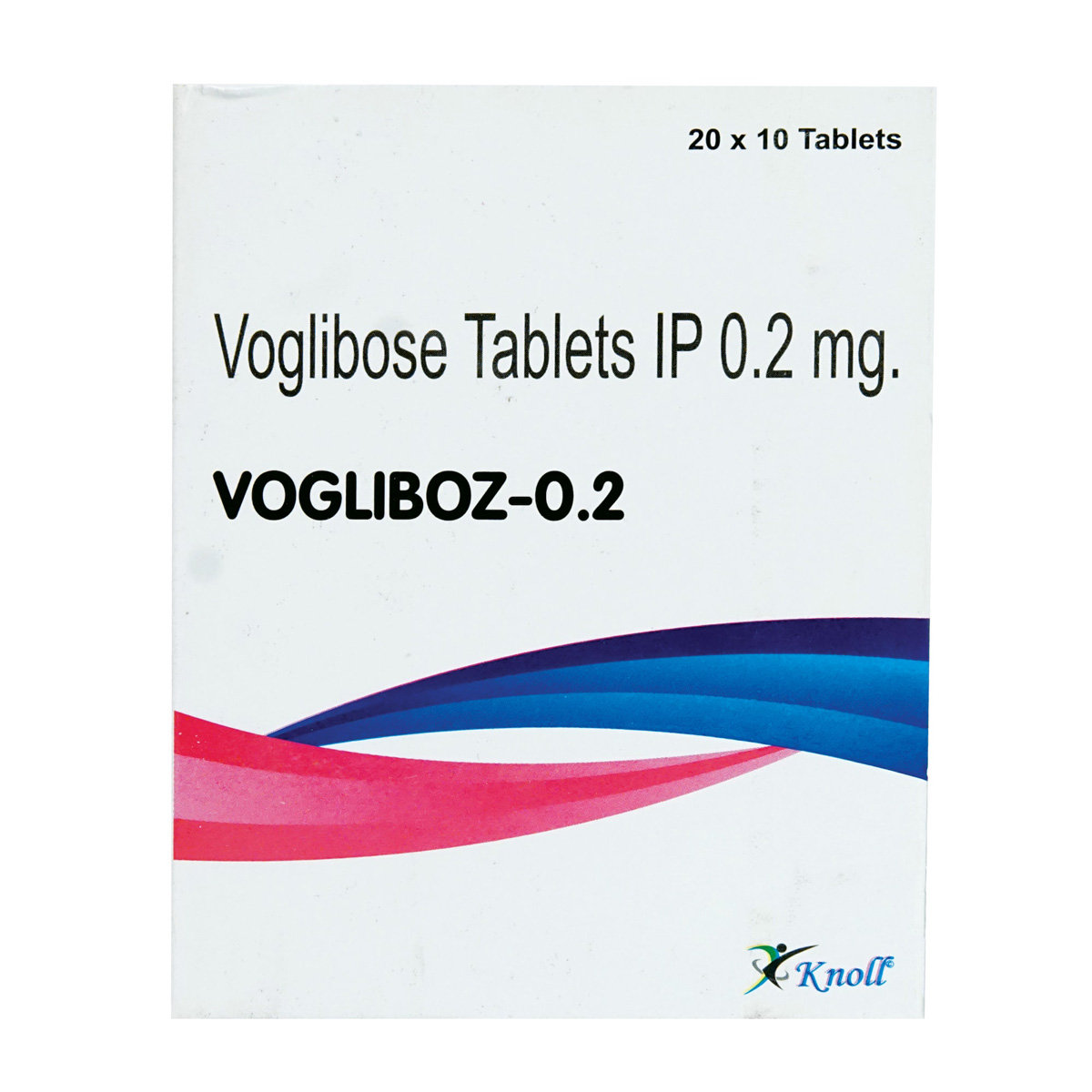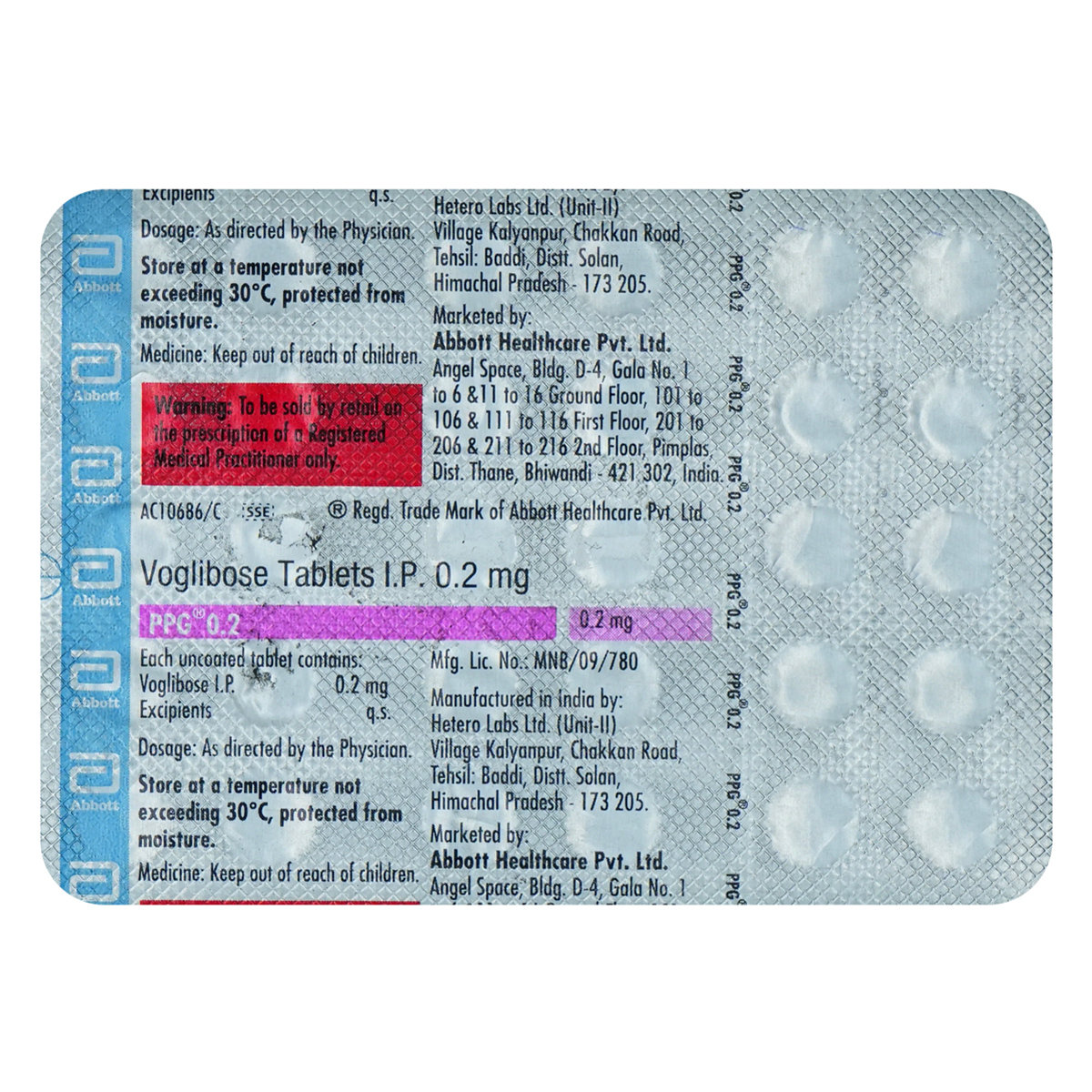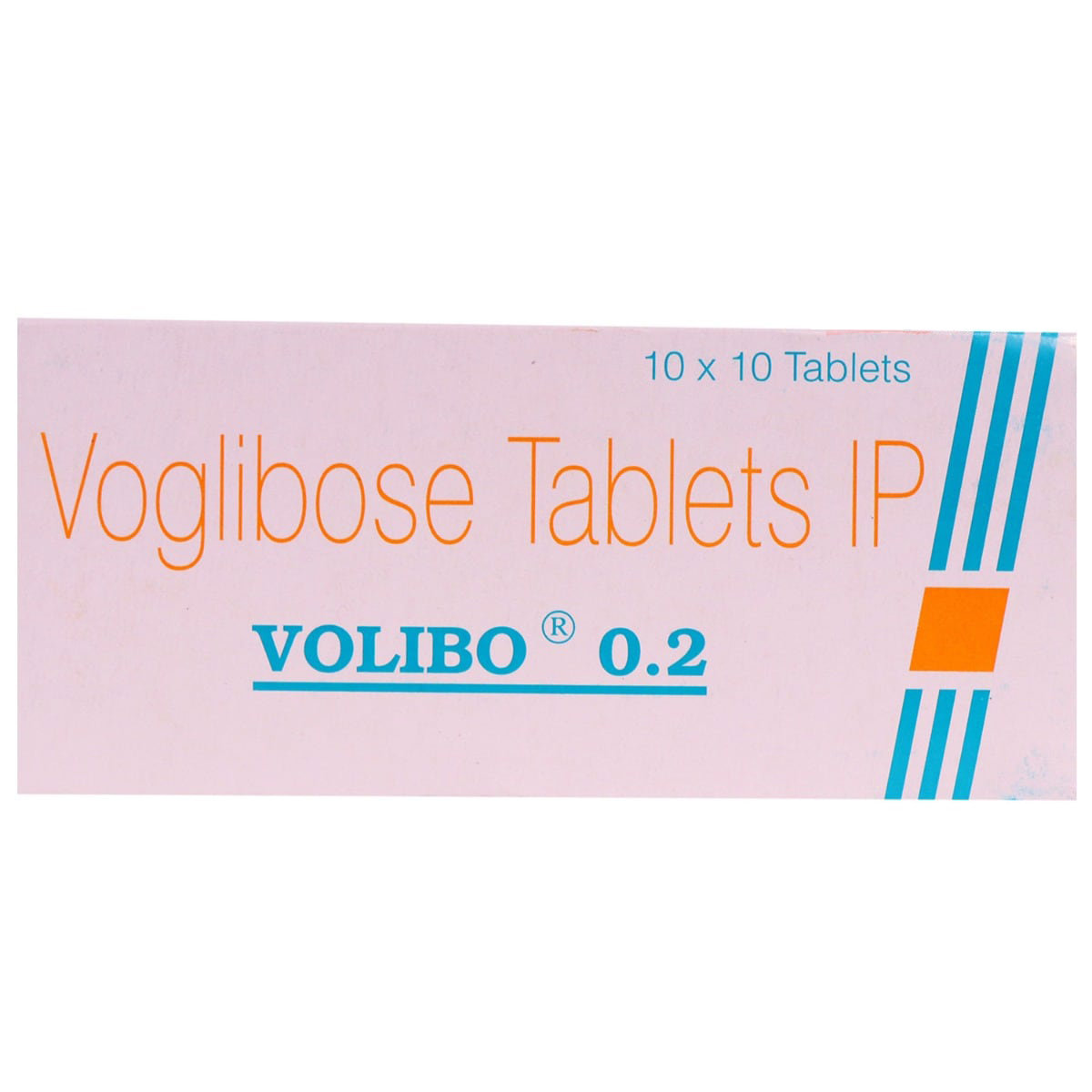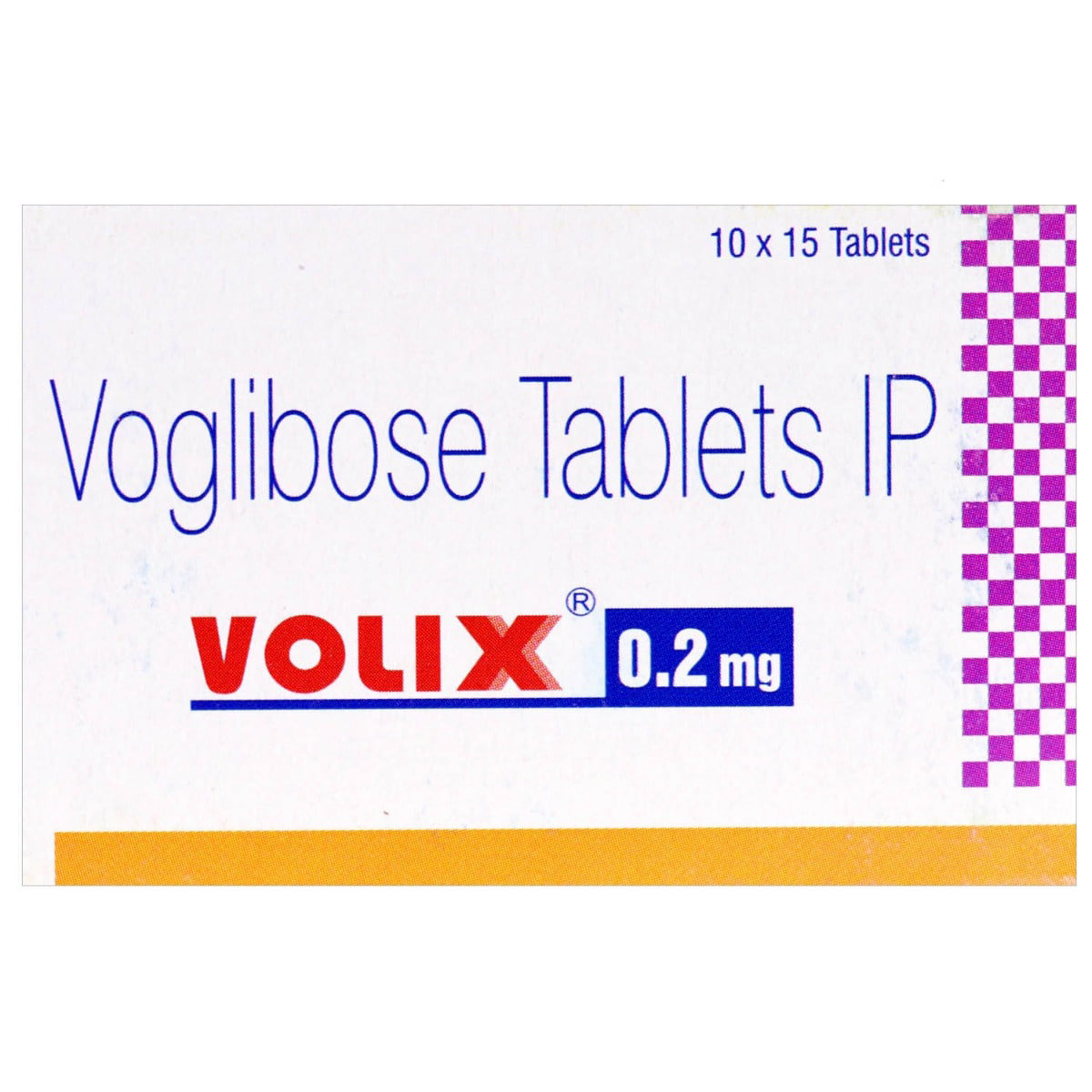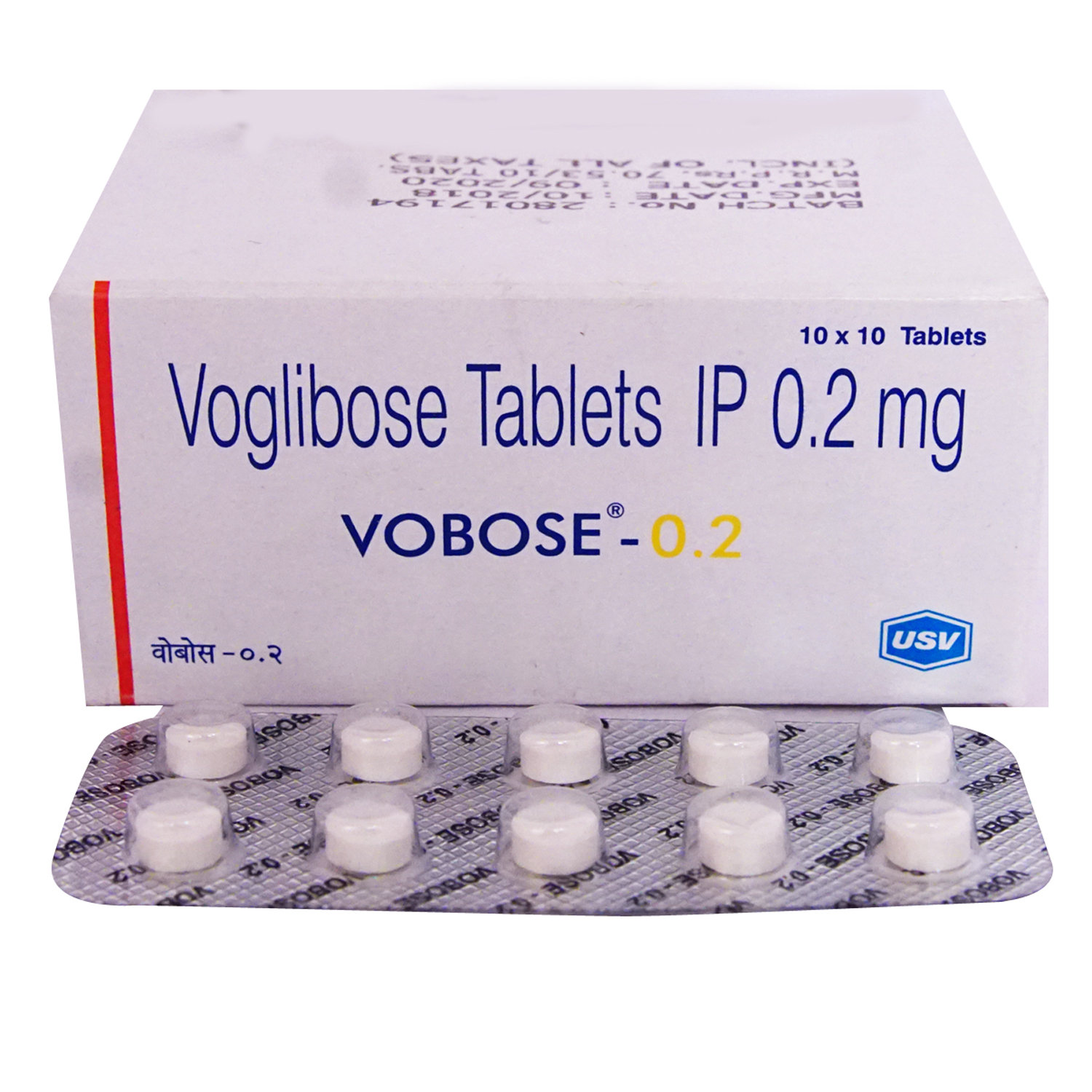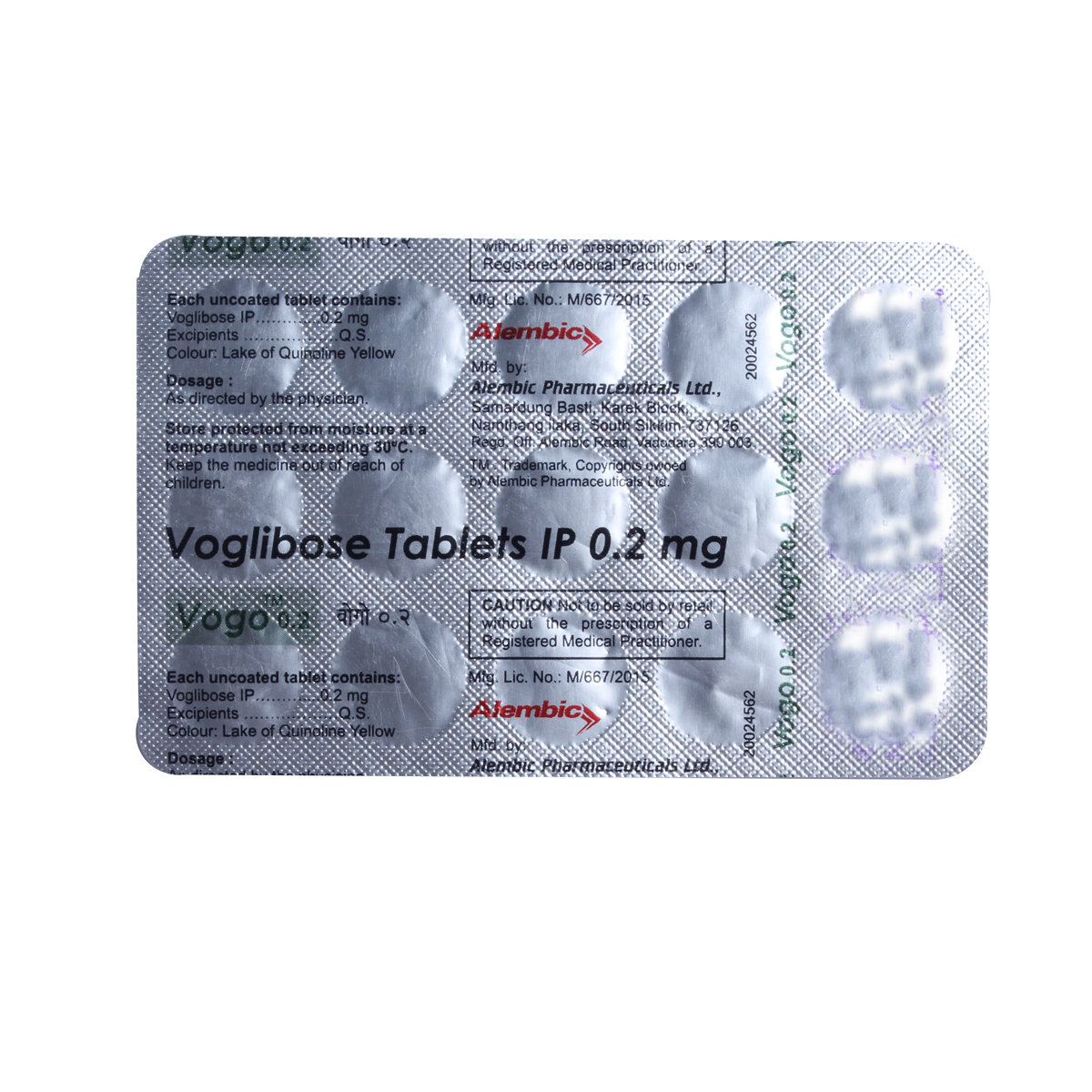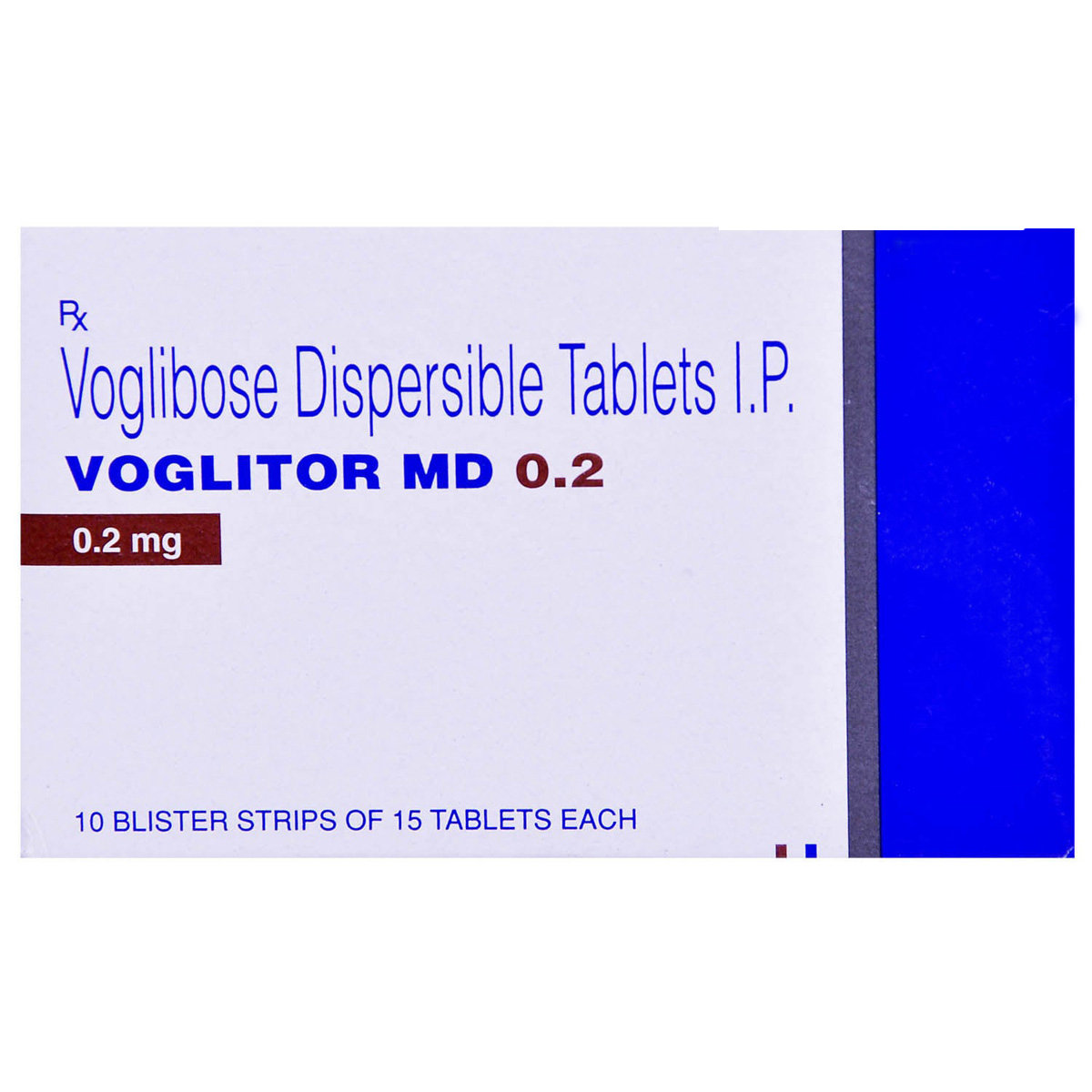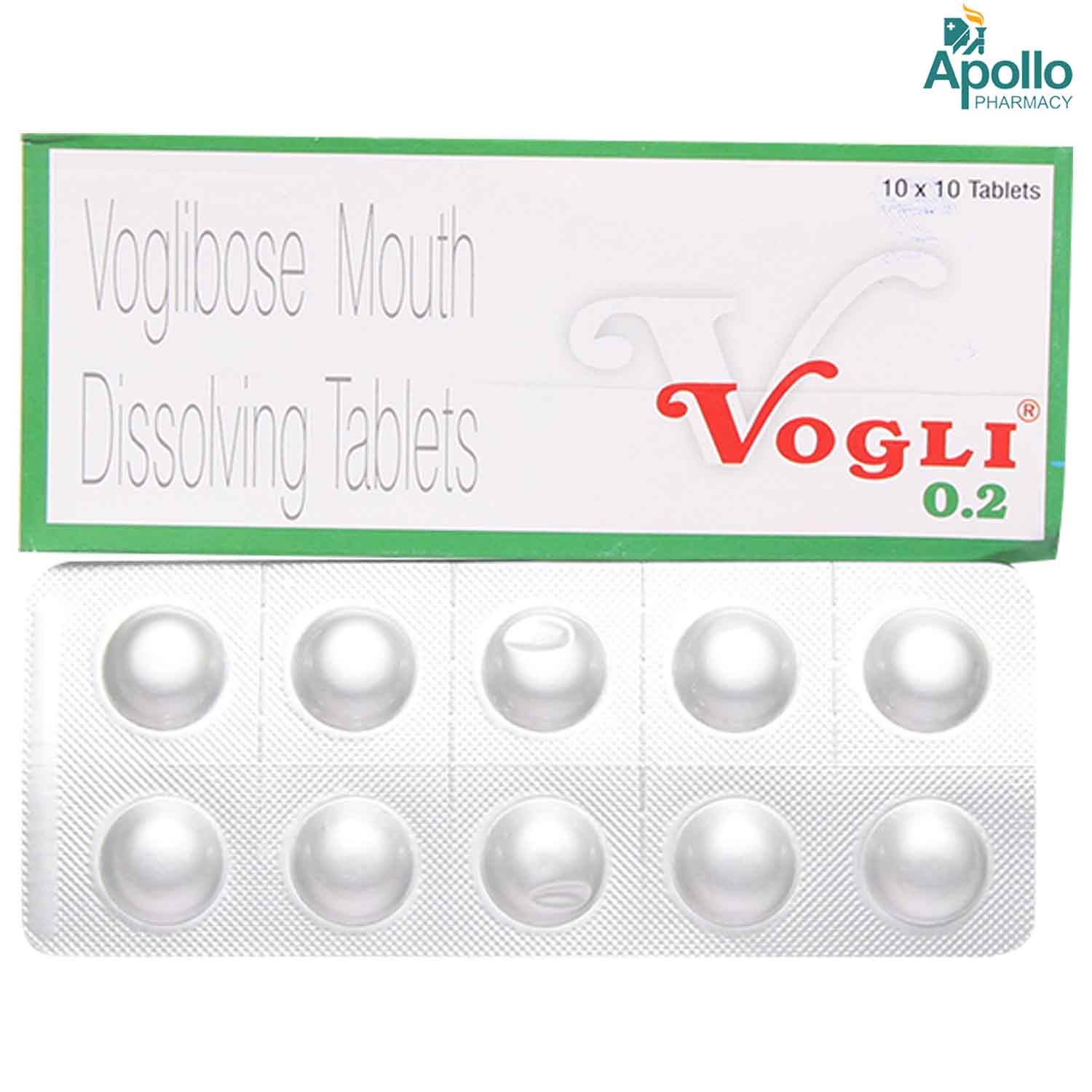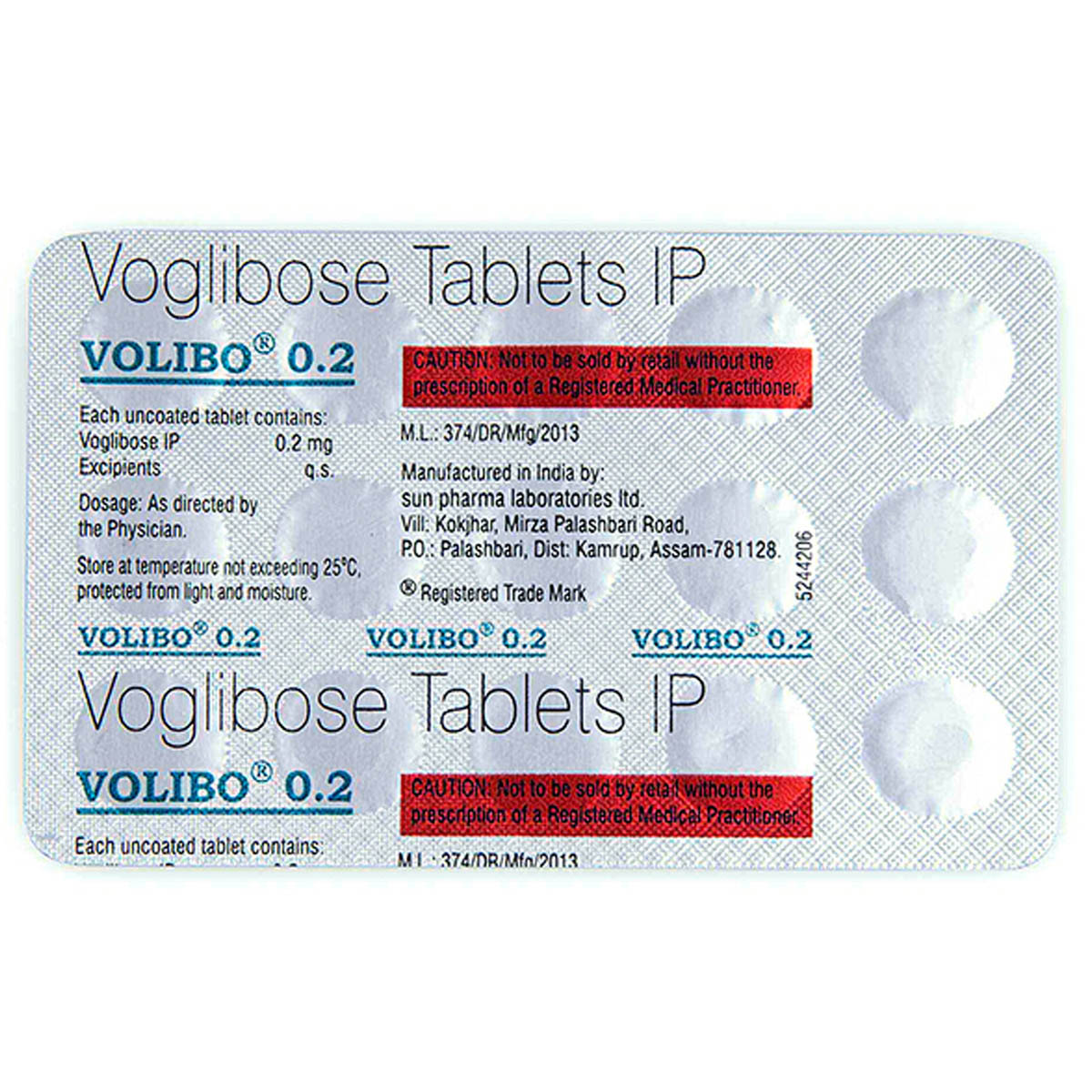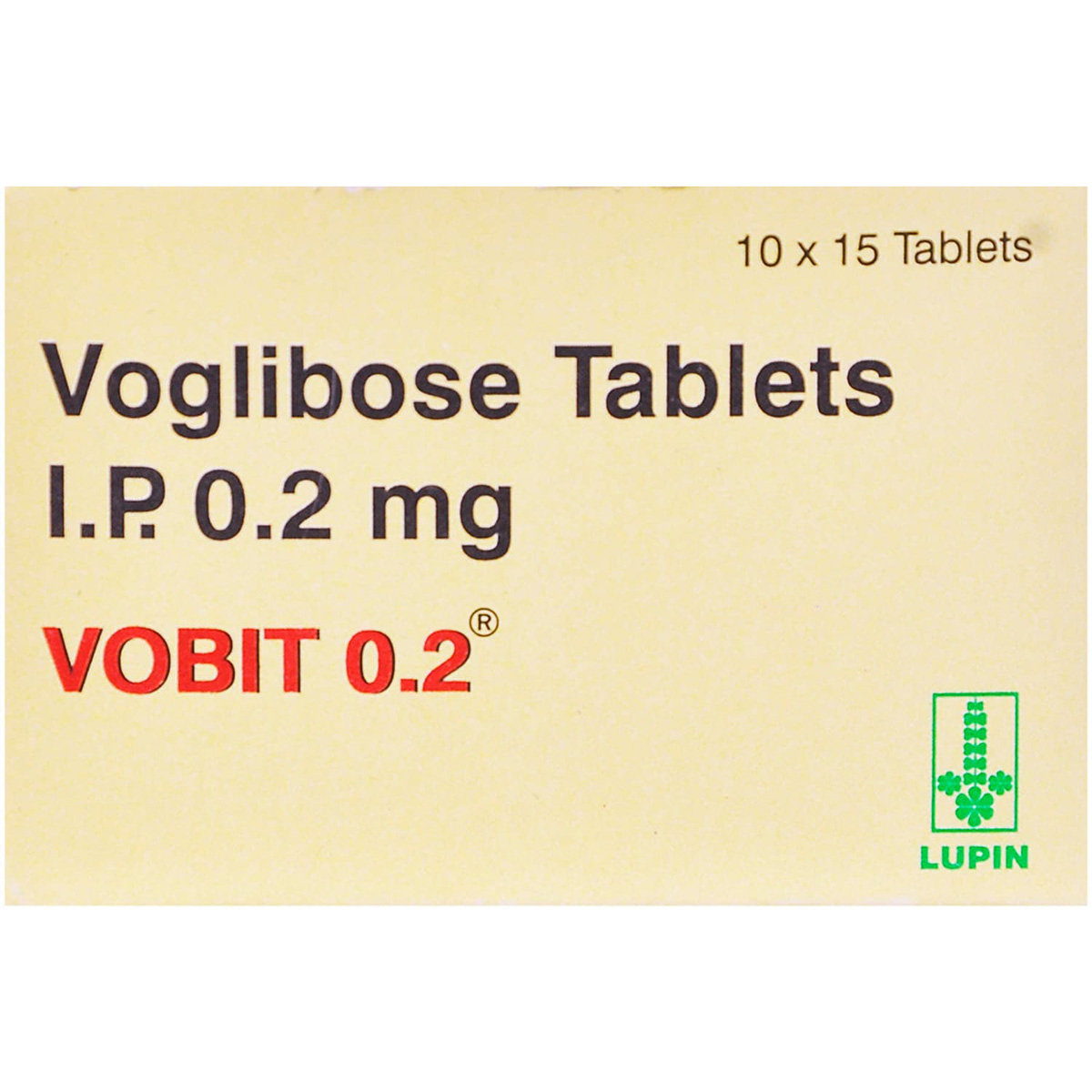- Home
- Corlibose 0.2mg Tablet MD
Corlibose 0.2mg Tablet MD Substitute
Corlibose 0.2mg Tablet MD Substitute
Medicine Composition:
VOGLIBOSE-0.2MGAll Substitutes & Brand Comparisons
RX
Vogs 0.2 Tablet 30's
Systopic Laboratories Pvt Ltd
₹81
(₹2.43 per unit)
50% CHEAPERRX
Starvog 0.2 Tablet 10's
Merck Ltd
₹47.5
(₹4.28 per unit)
13% CHEAPERRX
Aquris Volboz 0.2 Tablet 10's
Auspharma Pvt Ltd
₹61.5
(₹4.31 per unit)
12% CHEAPERRX
Voglimit-0.2 Tablet 15's
Vaks Pharma Pvt Ltd
₹101.5
(₹6.09 per unit)
23% COSTLIERRX
Vogliboz-0.2 Tablet 10's
Knoll Pharmaceuticals Ltd
₹84.5
(₹6.34 per unit)
28% COSTLIERRX
Out of StockVogliboss 0.2 mg Tablet 10's
Sun Pharmaceutical Industries Ltd
₹82
(₹7.38 per unit)
49% COSTLIERRX
PPG 0.2 Tablet 30's
Abbott India Ltd
₹270.5
(₹8.12 per unit)
64% COSTLIERRX
Volibo 0.2 Tablet 10's
Sun Pharmaceutical Industries Ltd
₹106
(₹9.54 per unit)
92% COSTLIERRX
Volix 0.2 Tablet 15's
Sun Pharmaceutical Industries Ltd
₹173
(₹10.38 per unit)
109% COSTLIERRX
Vobose-0.2 Tablet 10's
USV Pvt Ltd
₹116
(₹10.44 per unit)
110% COSTLIERRX
Vogo 0.2 Tablet 15's
Alembic Pharmaceuticals Ltd
₹186
(₹11.16 per unit)
125% COSTLIERRX
Voglitor MD 0.2 Tablet 15's
Torrent Pharmaceuticals Ltd
₹187
(₹11.22 per unit)
126% COSTLIERRX
Vogli 0.2 Tablet 10's
Medley Pharmaceuticals Ltd
₹130
(₹11.7 per unit)
136% COSTLIERRX
Volibo 0.2 Tablet 15's
Sun Pharmaceutical Industries Ltd
₹190
(₹12.67 per unit)
155% COSTLIERRX
Vobit 0.2 Tablet 15's
Lupin Ltd
₹241.5
(₹14.49 per unit)
192% COSTLIER

When Should You Consider Switching from Corlibose 0.2mg Tablet MD?
Patients may explore substitutes in the following scenarios:
- High monthly cost of Corlibose 0.2mg Tablet MD
- Non-availability in local pharmacies
- Generic recommendation by a doctor
- Side effects or better tolerability with alternatives
What to Know Before Switching
Before you switch from Corlibose 0.2mg Tablet MD to another medicine, here are some important points to keep in mind:
Same salt, different brands:
Most substitutes contain the same active ingredient - VOGLIBOSE-0.2MG, but the fillers, coating, or manufacturing quality may vary slightly.
Consult your doctor first:
Even if the salt is the same, your doctor can confirm if the substitute is right for your condition, dosage, and health history.
Watch out for allergies or reactions:
Some people may react differently to certain brands due to inactive ingredients. If you notice any side effects, inform your doctor immediately.
Price ≠ effectiveness:
A lower-priced substitute doesn't mean it's less effective. Many generic medicines work just as well as branded ones.
Check the dosage form and strength:
Always match the substitute’s strength (e.g., 5mg, 10mg) and form (tablet, capsule, syrup) with what your doctor prescribed.
Uses
Corlibose 0.2mg Tablet MD is used in the treatment of type 2 diabetes mellitus. The detailed uses of Corlibose 0.2mg Tablet MD are as follows:
- Management of Type 2 Diabetes: Corlibose 0.2mg Tablet MD helps lower blood sugar levels in individuals diagnosed with type 2 diabetes.
- Improvement of Insulin Sensitivity: Corlibose 0.2mg Tablet MD enhances the action of insulin, making the body's tissues more responsive to it.
- Reduction of Cardiovascular Risks: Regular use of Corlibose 0.2mg Tablet MD can help reduce the risk of cardiovascular diseases in diabetic patients.
- Control of Blood Sugar Levels Post Meals: Corlibose 0.2mg Tablet MD assists in lowering postprandial blood sugar spikes, which is beneficial for overall diabetes management.
Medicinal Benefits
- Corlibose 0.2mg Tablet MD contains Voglibose, an anti-diabetic medicine from the class of alpha-glucosidase inhibitors.
- It works by inhibiting intestinal enzymes that break down complex sugars into simple sugars like glucose, thereby preventing a rapid rise in blood sugar levels after meals.
- Helps control post-meal blood sugar spikes, improving overall blood sugar management.
- Supports better glycemic control, reducing fluctuations in blood glucose levels.
- Complements diet and exercise when lifestyle changes alone are not enough.
- Reduces the risk of diabetes-related complications, such as nerve, kidney, and eye problems.
- Acts locally in the intestine, with minimal absorption into the bloodstream, lowering systemic side effects.
- Safe for long-term use as part of a prescribed diabetes treatment plan.
FAQs
The substitutes of Corlibose 0.2mg Tablet MD contain the same active salt(s) - VOGLIBOSE-0.2MG. However, they may differ in price, manufacturing quality, and inactive ingredients. Speak to your doctor to find a suitable option.
Switching to a generic substitute medicine in the place of Corlibose 0.2mg Tablet MD is often possible if it has the same salt, strength, and dosage form. But always check with your doctor before making any changes to your medication.
Generics versions of Corlibose 0.2mg Tablet MD are typically more affordable because they don’t include the original brand's research, development, and marketing costs. They contain the same active ingredient and are approved for safety and effectiveness.
Most people don’t notice any difference. However, some may react to different fillers or coatings. If you notice any unusual symptoms after switching, consult your doctor.
Make sure the new medicine has the same active salt, strength, dosage form. Always confirm the change with your doctor or pharmacist.
Substitutes of Corlibose 0.2mg Tablet MD meet the same safety and efficacy standards as Corlibose 0.2mg Tablet MD, but small differences in absorption or formulation can exist. A doctor can help you choose the right one for your needs.
Yes. Substitutes of Corlibose 0.2mg Tablet MD may vary in color, size, or shape due to differences in manufacturing and branding, but this does not affect how they work.
Yes, it’s generally safe to switch between multiple substitutes of Corlibose 0.2mg Tablet MD if they have the same salt and strength. However, always inform your doctor so they can monitor how your body responds.
Yes, many people safely use substitutes of Corlibose 0.2mg Tablet MD for long-term treatment. Just ensure it’s done under medical supervision.
If your symptoms stay under control or lab results remain stable, the substitute for Corlibose 0.2mg Tablet MD is likely working well. Regular follow-ups with your doctor are important.
Absolutely. Even with the same salt, small differences can affect how your body responds when switching from Corlibose 0.2mg Tablet MD to its substitute. Always consult your doctor before switching.
Corlibose 0.2mg Tablet MD is used to treat type-2 diabetes mellitus when diet and exercise alone cannot control blood sugar levels.
Corlibose 0.2mg Tablet MD works by inhibiting the intestinal enzymes responsible for breaking complex sugars into simple sugars like glucose. Thereby, it helps in preventing blood glucose levels from rising immediately after meals.
Corlibose 0.2mg Tablet MD when used in combination with other anti-diabetic medicines may cause low blood glucose levels. Regularly monitor your blood glucose levels while taking Corlibose 0.2mg Tablet MD to prevent hypoglycemia (low blood sugar levels).
Corlibose 0.2mg Tablet MD may not cause weight loss. Maintain proper weight by eating healthy food. Consult the doctor if you notice weight loss.
Keep your blood sugar levels under control, avoid walking barefoot, wash your feet regularly, cut your nails carefully, wear clean & dry socks and use shoes that fit correctly.
Please do not stop taking Corlibose 0.2mg Tablet MD on your own, as it may cause a rise in blood glucose levels. Continue taking Corlibose 0.2mg Tablet MD for as long as your doctor has prescribed it. Do not be reluctant to speak with your doctor if you experience any difficulty while taking Corlibose 0.2mg Tablet MD.
Do not use Corlibose 0.2mg Tablet MD after expiry. Expiry refers to the last date that the manufacturer guarantees the full potency and safety of the drug. Check the expiry date from time to time and properly discard Corlibose 0.2mg Tablet MD after expiry or return it to your pharmacist for proper disposal.
Other diabetes medicines can be taken with Corlibose 0.2mg Tablet MD if prescribed by the doctor. However, taking Corlibose 0.2mg Tablet MD in combination with other anti-diabetic medications may cause low blood glucose levels. Regularly monitor your blood glucose levels.
If you miss a dose of Corlibose 0.2mg Tablet MD, take it as soon as you remember. However, if it is almost time for the scheduled dose, skip the missed dose and take the next dose at the scheduled time.
Corlibose 0.2mg Tablet MD may cause common side-effects such as abdominal pain, diarrhoea, flatulence (gas), skin reactions, heartburn, nausea, and vomiting. Consult the doctor if the side effects persist or worsen.

